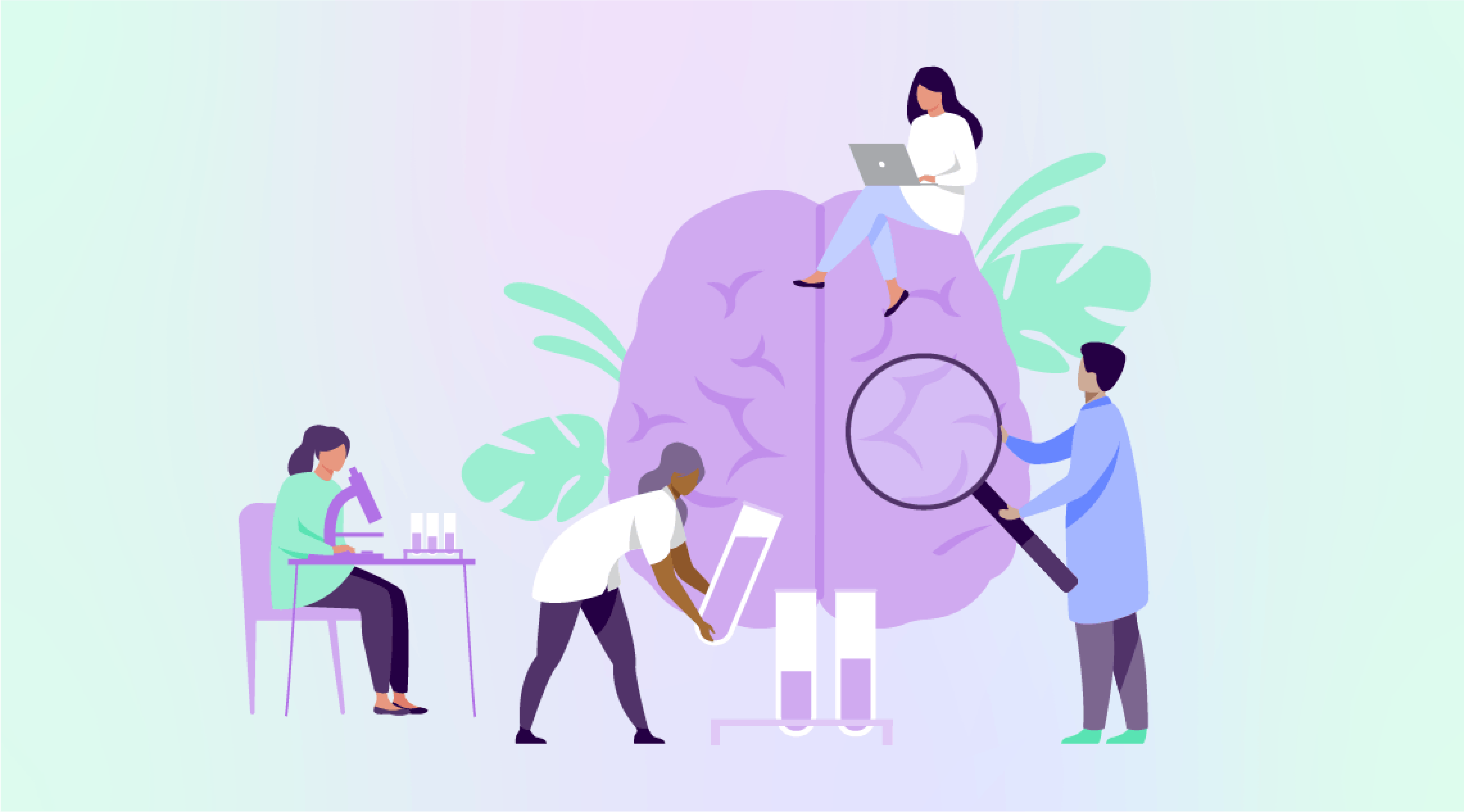ACT Skills: Dissecting the Problem

You can personalize the ACT Skills: Dissecting the Problem resource by downloading it HERE, and adding your own responses, or continue to view it below.
Acceptance and Commitment Therapy (ACT) is an approach that aims to find acceptance for current struggles, followed by commitment to actions that can reduce the struggles. ACT can be helpful in clarifying our values and aligning our actions with those values, to improve our mental health. One tool in ACT involves “dissecting the problem”, which involves taking a step back to analyze any problem we’re experiencing, and getting a better understanding of the elements that contribute to it.
What Stops Us from Managing a “Problem”?
Entanglement with Thoughts

Our thoughts around a problem can keep us stuck or frozen by it, preventing us from taking helpful actions to resolve the problem.
Struggle with Feelings

All emotions give us information about when our needs are met or unmet; sometimes our emotions can also cause us to become more overwhelmed or irrational about a problem.
Life-draining Actions

We may be using certain actions in an attempt to reduce the pain associated with a problem, but sometimes our actions can leave us feeling more drained
Avoiding Challenging Situations

Sometimes avoidance is necessary to keep us safe, while at the same time, it may stop us from living from our values, managing a problem, or taking an opportunity for growth.
Dissecting the Problem Exercise
Think of an issue you are currently facing, such as a relationship conflict, health issue, work stressor, a minor or major loss, or financial concern. Then, use the reflection questions to “dissect the problem”. on the editable version of this resource found HERE. Or follow the prompts below:
- In a few words or sentences, briefly describe the problem that you’re facing.
- What thoughts are you having about the problem (e.g. worries, criticisms, judgements, etc.)? How are your thoughts holding you back from resolving the problem?
- What actions are you taking to cope with the problem that may also be draining your energy? How are these actions preventing you from taking care of the problem?
- What emotions or physical sensations are you experiencing around the problem (see Emotion Wheel)? How are these feelings preventing you from dealing with the problem?
- What activities, people, experiences, situations, are you avoiding to cope with the problem? How does avoidance of these things prevent you from managing the problem?
Reflection
Now that you’ve dissected the problem, use the following questions for further reflection:
- What is a more productive way to think about the problem?
- What are some ways that you can cope with the challenging emotions related to the problem?
- What are some more helpful actions that you can take to cope with the problem?
- What situations can you face head on to fix the problem, and how will you do this?
Call 911 if you’re having a
mental health emergency
Text Home to 741-741 if you're in emotional
distress and need immediate support
Call or text 988 Suicide &
Crisis Lifeline. Chat service
is available at 988lifeline.org.